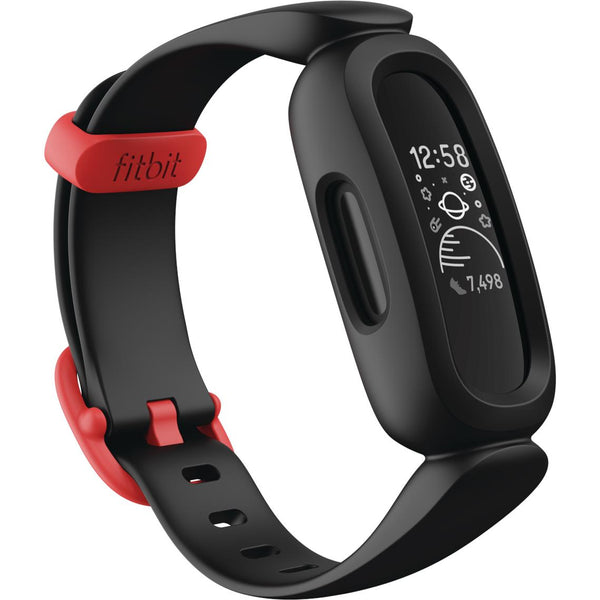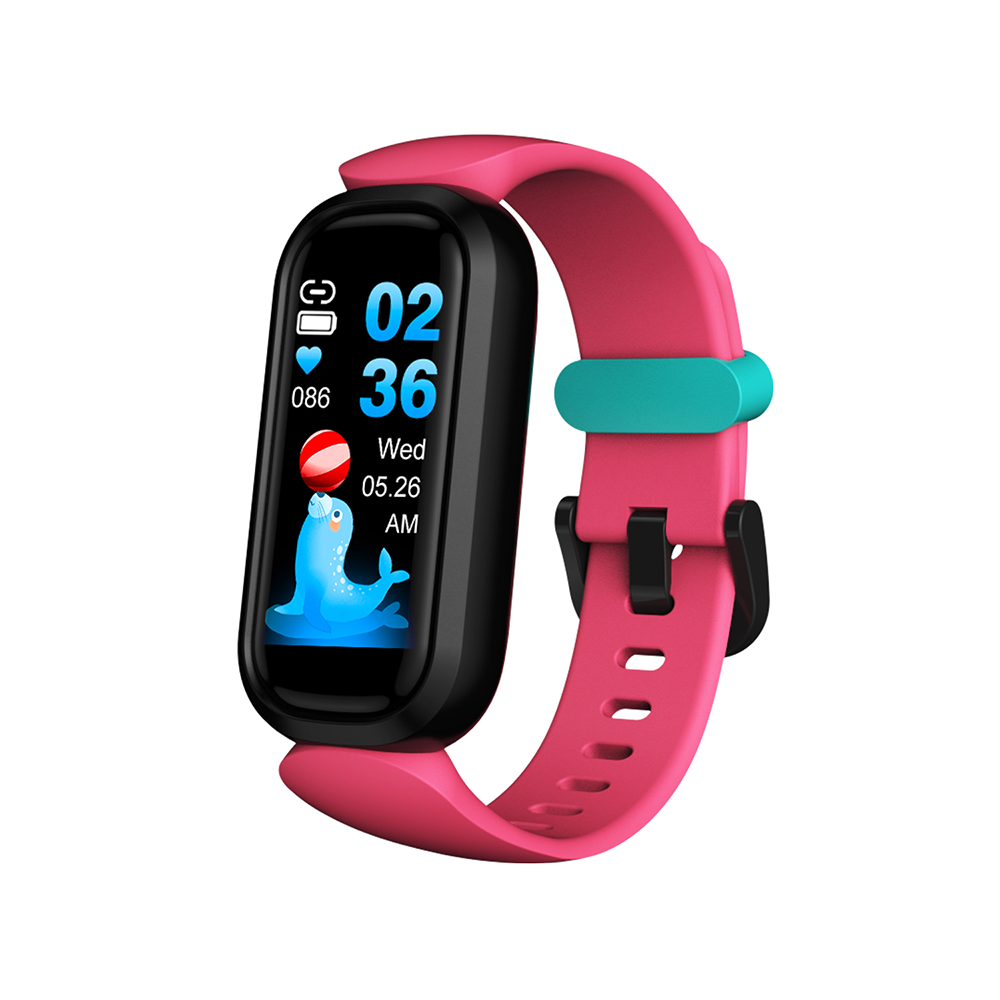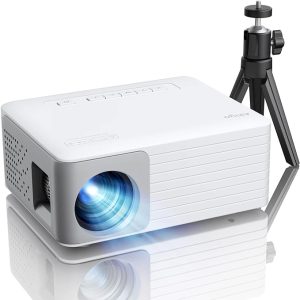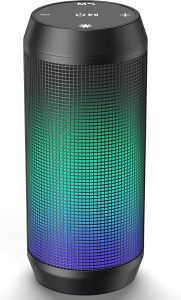In today’s digital age, encouraging children to lead active and healthy lifestyles can be a challenge. Fortunately, technology offers innovative solutions to make fitness fun. Kids’ activity trackers have gained popularity as effective tools for promoting physical activity among children. These devices not only measure steps but also track various aspects of health and wellness. This article explores the best kids activity tracker available, their benefits, and tips for effectively engaging children in their health journeys.
Understanding Kids Activity Trackers
What Are Kids Activity Trackers?
Kids activity trackers are wearable devices designed to monitor a child’s physical activity and health metrics. They typically track steps taken, distance traveled, calories burned, and even sleep patterns. Many models offer features like heart rate monitors and reminders to move, encouraging kids to be more active. Additionally, some trackers include gamified elements, enabling children to earn rewards and badges for reaching activity goals. This element of fun significantly increases a child’s motivation to stay active.
Key Features to Look For
When selecting a tracker for your child, consider several essential features. Look for user-friendly interfaces, as children should easily understand how to navigate their devices. Waterproof designs are ideal for active kids who might engage in swimming or other water-related activities. Furthermore, GPS tracking can provide parents with peace of mind by allowing them to monitor their child’s location during outdoor activities. Battery life matters, too—opt for trackers that can go days without requiring a recharge.

Top Kids Activity Trackers on the Market
Garmin vívofit jr. 3
The Garmin vívofit jr. 3 stands out as a top contender for kids’ activity trackers. With a colorful display and multiple fun designs featuring popular characters, it appeals to children’s interests. The vívofit can track steps, active minutes, and sleep while offering challenges and adventures through the Garmin app. Parents can set activity goals and rewards for completing tasks, making fitness feel like a game.
Fitbit Ace 3
The Fitbit Ace 3 is another excellent choice for monitoring children’s health. Known for its straightforward design and ease of use, this tracker keeps an eye on steps, active minutes, and sleep quality. It even allows kids to challenge their friends, creating a community of active peers. The Ace 3 has a long battery life and features fun clock faces to customize their experience.
Xplora X5 Play
The Xplora X5 Play merges a kids’ activity tracker with a smartwatch. Equipped with GPS for tracking outdoor adventures, the X5 Play allows parents to monitor their child’s location. This device tracks steps and facilitates communication through texts and calls with approved contacts. The Xplora app encourages kids to complete daily activity goals, rewarding them with exciting experiences and games.
Benefits of Using Kids Activity Trackers
Promoting Physical Activity
One of the most significant advantages of using activity trackers is that they motivate children to be more physically active. With real-time feedback and progress monitoring, kids will often feel inspired to reach their goals. For example, setting a daily step goal can encourage them to move around rather than staying sedentary for long periods. The gamification aspect—complete with rewards—further entices children to engage in regular exercise.
Teaching Healthy Habits
Activity trackers empower kids to take charge of their health. As they track their activities, children gain awareness of how physical movement impacts their overall well-being. Most devices allow parents to view detailed reports that can initiate valuable conversations about nutrition and exercise. Teaching these healthy habits at a young age fosters a foundation for lifelong fitness, instilling values that can carry into adulthood.
![]()
Engaging Kids with Challenges
Setting Group Challenges
Using activity trackers, parents can implement fun challenges that promote friendly competition among family members or friends. For instance, a “step challenge” can encourage kids to outpace each other for specific periods. Setting weekly or monthly goals provides accountability and fosters camaraderie, making the whole process enjoyable. Kids will look forward to competing while simultaneously boosting their activity levels.
Introducing Themed Challenges
Themed challenges can add an extra layer of excitement. Seasonal activities like “Spring Scavenger Hunts” or “Summer Outdoor Adventures” can be tailored to promote specific forms of exercise, such as hiking, biking, or running. These challenges keep children engaged and allow them to explore new physical activities, making exercise feel less daunting. Themed visuals on the trackers can symbolize achievements, enhancing motivation and delight.
Important Parental Involvement
Monitoring and Encouragement
While kids are naturally eager to showcase their accomplishments, parental monitoring and involvement are crucial. Parents should regularly check on their child’s progress and celebrate achievements, no matter how small. Positive reinforcement can significantly boost a child’s confidence and motivation to maintain a healthy lifestyle. If your child achieves a daily goal, praising their efforts reinforces the habit and encourages them to keep it up.
Leading by Example
Parents play an essential role in modeling healthy behaviors. If parents are active or engage in fitness-related activities, children are likely to follow suit. Make it a family affair by participating in physical activities together—whether it’s going for a nature walk, cycling, or even participating in a virtual fitness class. When children see their parents investing time in health, they’re more likely to view physical activity positively.
Online Safety Measures
While kids’ activity trackers provide numerous benefits, it’s vital to consider safety and privacy. Choose devices that allow you to control privacy settings, such as who can communicate with your child through the device. Some trackers offer features where children can only access approved contacts, providing another layer of security. Reviewing privacy policies before purchasing ensures you make informed decisions about your child’s data.
Educating Children About Device Use
Equipping children with technology also means educating them on how to use it responsibly. Discuss the importance of privacy and discourage sharing personal information with peers. Teaching children to use their trackers thoughtfully and safely ensures they can enjoy the benefits without putting themselves at risk. Empowering them with knowledge fosters good habits not just with their devices, but in their interactions online.
![]()
Future of Kids Activity Trackers
Embracing Advanced Technology
The future of kids’ activity trackers looks promising, with advancements in technology continually reshaping the landscape. Innovations such as integrated AI and machine learning algorithms are poised to enhance the way these devices monitor and interpret children’s activity levels. For instance, future models may use real-time feedback to provide personalized recommendations for improving fitness routines based on the child’s unique behavior patterns. This tailored approach could help engage children even further by making fitness feel customized to their individual needs.
Expanding Health Monitoring Features
In addition to tracking physical activity, we can expect the next generation of kids activity tracker to incorporate more comprehensive health-monitoring features. This may include monitoring heart rates, hydration levels, and even stress indicators. By combining fitness metrics with health insights, these devices can educate children about their bodies and help them make informed decisions about their health. As these technologies evolve, they’ll not only continue to promote physical activity but also empower children to take a holistic approach to their well-being.
Making Health Engaging for Kids
Kids‘ activity tracker provide an innovative way to engage children in their health and fitness journeys. By promoting physical activity and teaching healthy habits, these devices empower children to take control of their well-being. Incorporating fun challenges and ensuring parental involvement can further enhance their experience, making fitness enjoyable rather than a chore.
When choosing a tracker, consider factors such as design, functionality, and safety features to find the right fit for your child. With the right tools and encouragement, parents can help children develop lifelong habits centered around health and wellness. Embrace the power of technology and watch your children flourish in their fitness journey!



